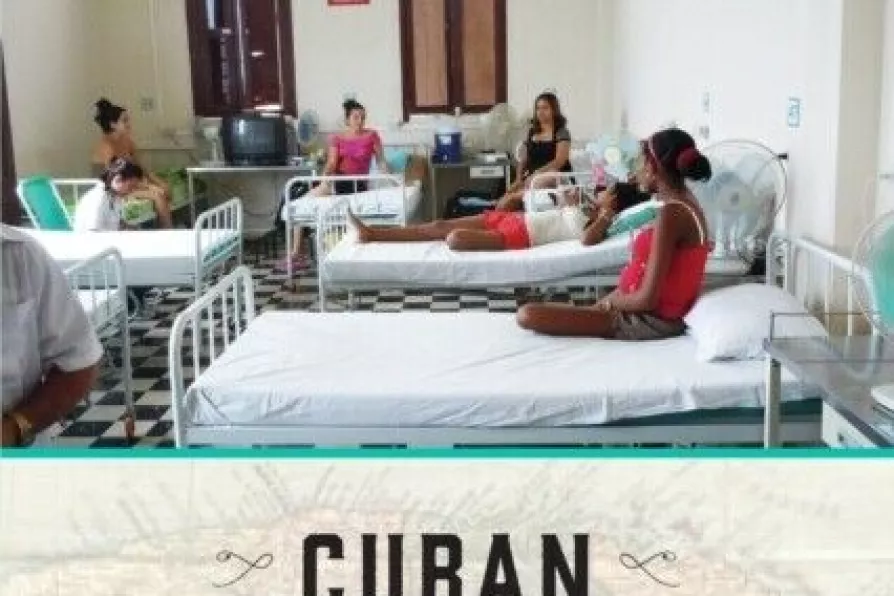TONY BURKE speaks to Gambian kora player SUNTOU SUSSO


Cuban health care: the ongoing revolution
by Don Fitz Monthly Review Press £17.99
BY THE end of the 1980s, revolutionary Cuba had accomplished a great deal in medicine. At home it had expanded hospitals and clinics and integrated them into a unified healthcare system. It had created community polyclinics and a family doctor-and-nurse model in practice across the island.
Internationally Cuba had integrated military and medical interventions in Africa during the 1960s, hugely expanded its military and medical assistance in Angola, consolidated its medical internationalism with teaching, construction, forestry and other aid programmes, developed health education programmes in many countries, and brought large numbers of students to Cuba for education, especially medical education.

Where normally only the US and its ally Israel vote to strangle Cuba economically, there have been special efforts to slander and isolate the besieged socialist island nation year — so we must redouble our solidarity, writes TARIQ ANDERSON













